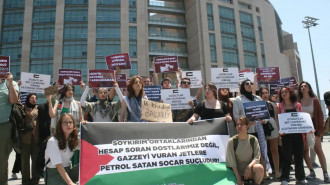
The Latin American Palestinian diaspora longing to return to their ancestral homeland
6 min read
Seventy-six years ago, hundreds of thousands of Palestinians were displaced and scattered across refugee camps in neighbouring Middle Eastern countries during the Nakba.
Many Palestinians, seeking safety from persecution, undertook long journeys, even crossing the Atlantic to North, Central, and South America.
As they migrated, large, weathered ships filled with people departed from various Mediterranean ports, and they headed towards an uncertain future far from their beloved olive trees.
This journey led many to the warm shores of the Caribbean, where a new generation of Palestinians began to thrive throughout Latin America.
Here they carry the stories of their homeland close to their hearts, longing for the day they can return.
As Palestinians continue their efforts to reclaim their country, amid Israel's brutal occupation and war, they have found ways to reconnect with their lands and heritage.
A central symbol of this connection is a key, which represents the homes they were forced to leave behind.
For many, owning properties in Palestine and visiting their small towns each summer has become a way to nurture their identity and resist the violence of occupation — which is becoming stronger day by day as Israeli settlers forcibly continue to steal more land and homes from Palestinians and Israeli forces rage a brutal war in Gaza and the West Bank.
This desire to maintain a link to their homeland is evident among Palestinian communities in Latin America, regardless of their financial situations.
Even if these families cannot live permanently in Palestine and may own properties outside the occupied territories, their commitment to preserving their presence and legacy in their ancestral lands remains strong.
The urge to return is instinctive for Palestinians
For Palestinians, the desire to return home runs deep. Summer gatherings become precious times when families come together, briefly imagining that the effects of occupation are far away and forgotten.
Gassan Salama is a prominent Palestinian-Panamanian born in 1974 on San Andrés Island, Colombia. He is a key figure in Fearab America (Federación de Entidades Árabes) and actively advocates for Palestinian heritage.
His family was exiled from their small town, Kufurmalik, in the West Bank during the 1960s.
On his first trip to Palestine, he experienced a deep connection to his ancestors and homeland, which strengthened his faith and resilience — qualities common among Palestinians.
It wasn't until 1993 that members of his family under 18 were granted Palestinian Hawiyeh (identification papers), which vary in colour depending on the region within occupied Palestine.
The Salama family received green identification papers, allowing them to own and build homes in parts of the West Bank according to the Oslo Agreement of 1993.
These identification papers are tools of segregation and control, determining the movements and actions of Palestinians both locally and internationally.
They dictate how Palestinians can enter the country, and which borders they may use. For the Salama family, this means they cannot use Tel Aviv's Ben Gurion Airport and must travel through the Allenby or King Hussein Bridge, points of entry controlled by Israeli forces.
Gassan expressed that the aim of this prolonged entry process is "to make our lives a living hell and to keep us as far away from our homes."
He also noted that the Israeli government often denies construction permits based on arbitrary criteria, creating additional obstacles for Palestinians seeking to own land and build homes.
Drawing future generations back to their roots
Rebuilding devastated cities is a shared vision among Palestinian diasporic communities, and when opportunities arise, they seize them.
“Most Palestinian immigrants who are financially stable return and invest in infrastructure to improve the quality of life in Palestine,” Gassan explained.
Building homes in occupied Palestine is an anchor, drawing future generations back to their roots.
Gassan recalls his father's words: “I am not building to sell; I am building a home to return to.”
This deep attachment to their land is sacred in Palestinian households, where children are taught from a young age to cherish what was taken from them.
Hanna Salama, Gassan's 21-year-old daughter, shares this sentiment, although many like her grapple with their identity.
However, this struggle does not diminish their love for Palestine or their desire to return. “I know that I want to own a house in Palestine, where my kids and family can visit to understand their culture,” Hanna said.
To preserve their Palestinian identity, families visit Palestine whenever possible. Hanna, who visits almost every two years, sees “the house as the bond that brings us together from all over the globe every summer.”
Younger generations carry the dreams of their ancestors, sharing the hope that “if I don’t see the liberation of Palestine, my kids or grandchildren will,” Hanna added.
Building confidence in the diaspora
Owning land is not a reality for all Palestinian diasporic communities in Latin America, which is why Chilean-Palestinian entrepreneur Elizabeth Kassis Sabagh decided to create a project to connect the diaspora with their homeland.
“As a family, we wanted to do something that would benefit Palestinian communities, both locally and internationally,” Elizabeth explained.
After repurchasing their ancestral home, it was transformed into The Kassa Boutique Hotel, located in occupied Bethlehem.
This six-bedroom hotel offers a traditional Palestinian experience, providing high-quality service in a warm, welcoming environment that fosters reconnection.
“I think everyone from the diaspora can relate to how moving it is to return home; it changes you as a person,” she added.
This deep bond with their land is one of the many ways Palestinians resist and keep their spirit and heritage alive.
When they visit for the first time, they feel an urge to return, no matter the challenges.
“We find ways and reasons to hold onto the lands we were forced to leave,” Elizabeth noted.
In a moment of reflection, Elizabeth realised she was missing a part of herself, which she found through understanding her ancestral struggles.
She recalls standing on her friend’s balcony, feeling the gentle wind through her hair as she gazed at her homeland.
“I couldn’t identify what it was until I realised it was Palestine. In that moment, I promised myself I would never stop advocating for projects in Palestine.”
While The Kassa Boutique Hotel was meant to benefit the Palestinian diaspora, it ultimately strengthened Elizabeth and her family's connection to Palestine.
All these Palestinian families have kept the dream of returning home alive through generations.
“There will not be a Palestinian generation that forgets their right and promise to return to Palestine, to rebuild homes, cities, and towns, and to strengthen the roots that were severed by occupation,” Gassan affirmed.
Currently, there are an estimated 700,000 Latin Americans of Palestinian origin, living across 14 countries in the region.
Fairuz Yosef Issa is a journalist studying at Northwestern University in Qatar, focusing on bridging between the Middle East and the Latin American community
Follow her on Instagram: @fairuz_55
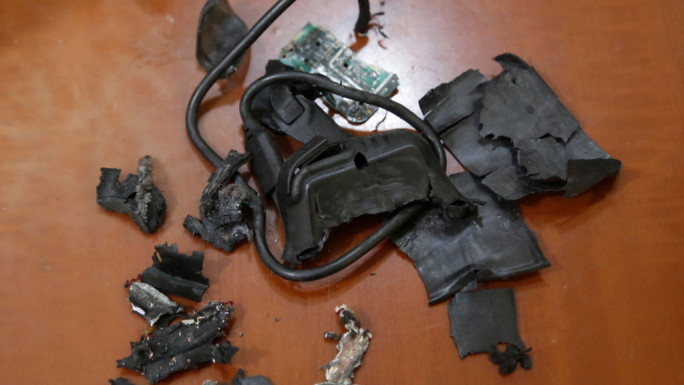
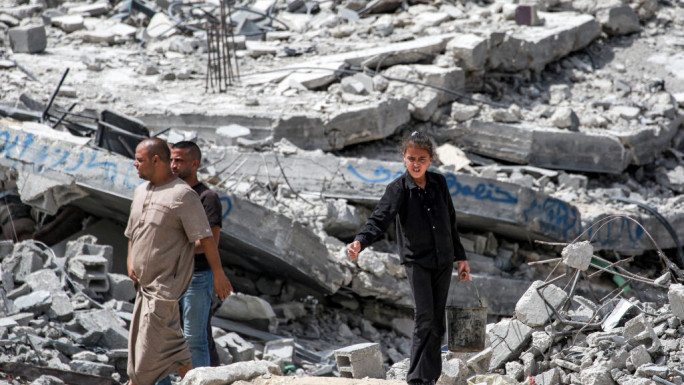

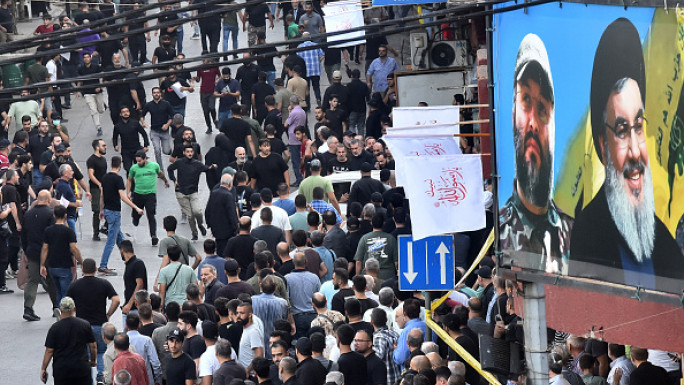
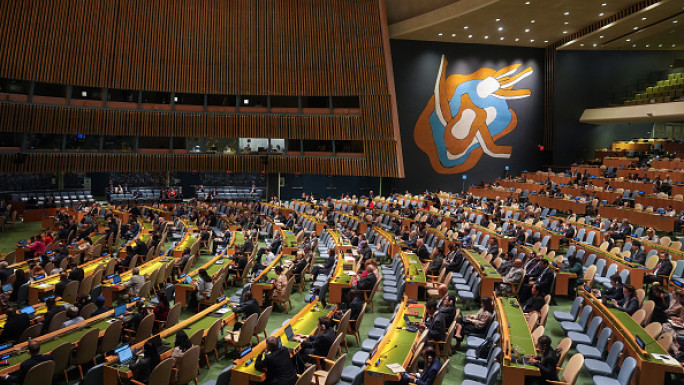
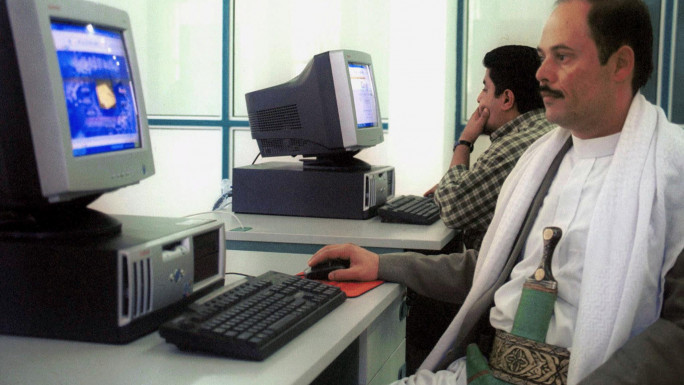
![Palestinians remember Elias Khoury [Getty]](/sites/default/files/styles/image_330x185/public/948944342.jpeg?h=a5f2f23a&itok=ccFJZs75)
